Indication
Dipred is indicated for the treatment of inflammation and pain associated with ocular surgery. It is also indicated for the treatment of uveitis, pseudophakic cystoid macular edema(CME), ocular surface diseases, e.g. blepharitis & corneal inflammation.
Dosage & Administration
For the treatment of inflammation and pain associated with ocular surgery : Instill 1 drop into the conjunctival sac of the affected eye 4 times daily beginning 24 hours after surgery and continuing throughout the first 2 weeks of the post-operative period, followed by 2 times daily for a week and then a taper based on the response.
For the treatment of endogenous anterior uveitis: Instill 1 drop into the conjunctival sac of the affected eye 4 times daily for 14 days followed by tapering as clinically indicated.
For blepharitis : Instill 1 drop into the conjunctival sac of the affected eyes 2 times daily for 1 week & then once daily for 1 week.
For pseudophakic cystoid macular edema: Instill 1 drop into the conjunctival sac of the affected eyes 2 times daily
Precautions
- Prolonged use of corticosteroids may result in glaucoma & posterior subcapsular cataract formation. If this product is used for 10 days or longer, IOP should be monitored.
- Use of a corticosteroid medication in the treatment of patients with a history of herpes simplex requires great caution.
- Fungal infections of the cornea are particularly prone to develop coincidentally with long-term local steroid application.
- Do not touch dropper tip to any surface as this may contaminate this preparation.
Use in special groups
A. Pregnancy: Pregnancy Category C. Difluprednate has been shown to be embryotoxic and teratogenic when administered subcutaneously to rabbits. Since use of Difluprednate during human pregnancy has not been evaluated so Difluprednate should be used during pregnancy only if the potential benefit justifies the potential risk to the embryo or fetus.
B. Nursing Mothers: It is not known whether use of Difluprednate passes into breast milk. Caution should be exercised when it is administered to a nursing mothers.
C. Pediatric Use: Difluprednate was evaluated in 0 to 3 years of age for the treatment of inflammation following cataract surgery. A similar safety profile was observed in pediatric patients comparing Difluprednate to Prednisolone Acetate ophthalmic suspension 1%.
D. Geriatric Use: No overall differences in safety or effectiveness have been observed between elderly and younger patients.
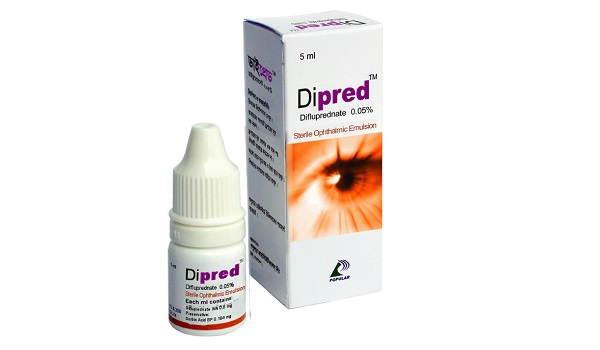
Product Details
Related Products
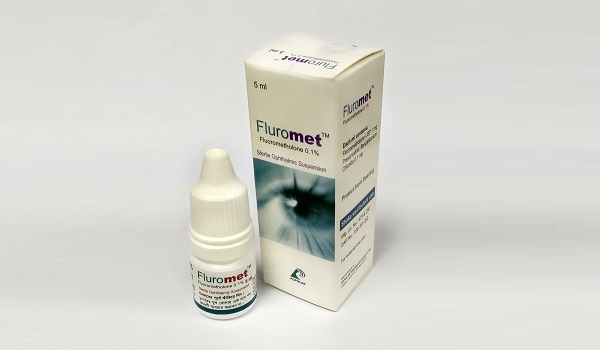
Fluromet Eye Drops
Fluorometholone 0.1%Steroids
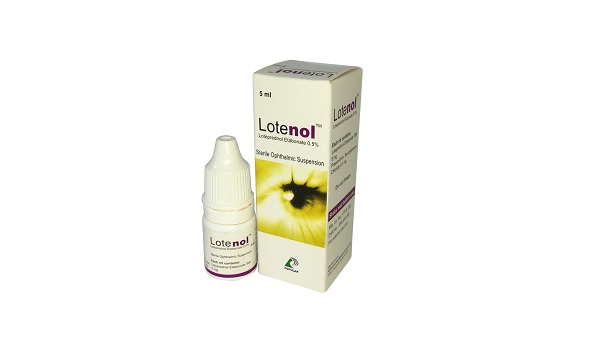
LotenolTM
Loteprednol Etabonate 0.5%Steroids
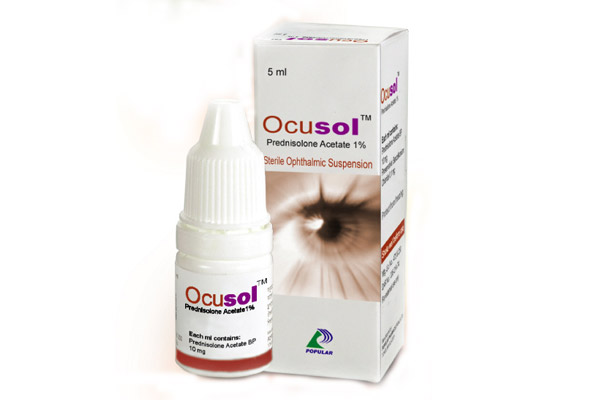
Ocusol Eye Drops
Prednisolone acetate 1%Steroids
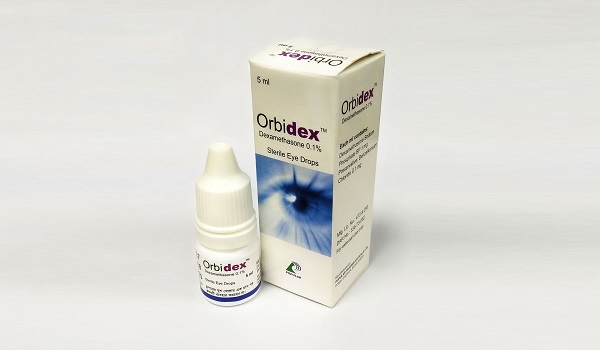
Orbidex Eye Drops
Dexamethasone Sodium Phosphate 0.1%Steroids
